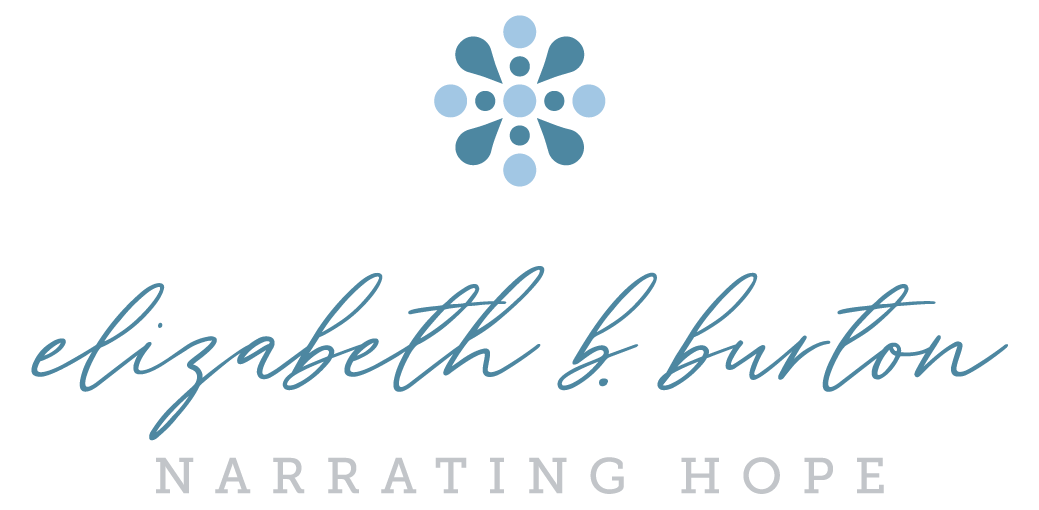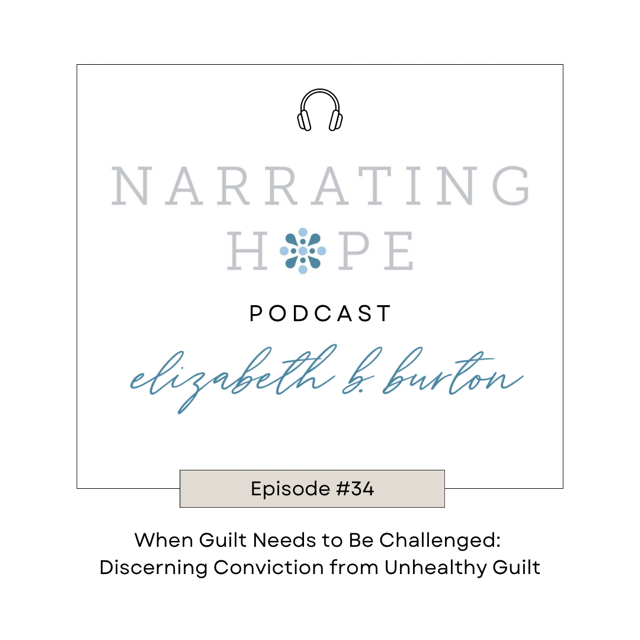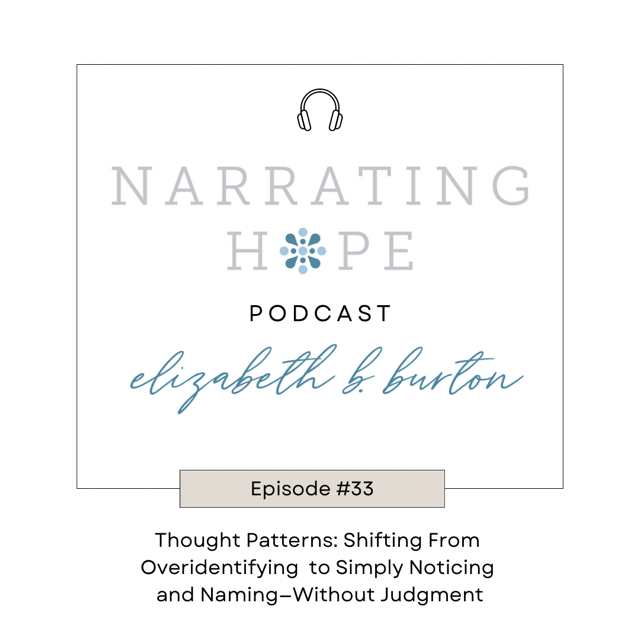follow along on spotify & APPLe
When Guilt Needs to Be Challenged: Discerning Conviction from Unhealthy GUilt
...So if you are somebody who can relate to this dynamic of guilt showing up pretty often for you in your thought narrative, I want to encourage you to get real curious about how it shows up for you, when it shows up for you, what the message is, and if it is something that helps you get back on track with the way you want to live, great. Listen to it, pay attention. If there's something with your morals or something that's dangerous and risky and really not how you want to live, then guilt can be really, really helpful.
But if you are somebody that this is a common dynamic for in terms of your thoughts and your thought patterns—just as you go about your daily life and as you shift from tending to one task and one person and one responsibility to the next, then let's really start to challenge that guilt narrative. Is it motivating you? Is it helpful? Is it encouraging?…
Thought Patterns: Shifting from overidentifying to simply noticing and naming—without judgment
But an element of self-compassion that is not as intuitively known and recognized is that part of what can help encourage us to be more self-compassionate is learning about this process of overidentification and really beginning to challenge it within ourselves when we do it and press more instead of into mindfulness. And what I mean by that and what she really means by that through her research is that many times as people, something happens and we over identify with what it means...
Becoming a Good Friend to Yourself: Learning to Nurture and encourage yourself as you would a friend
The other area that being a good friend to yourself really applies is the idea of our thoughts. And again, many times we are more naturally encouraging towards a friend when they're going through a hard time in our words towards them than we are to ourselves.
So moving towards a more self compassionate narrative is a huge way to be a greater friend to yourself. And examples of that would be like “hey, it's okay,”or “you made a mistake, let's acknowledge it.” But your life is not over, all is not doomed, you can try again, you can show up, it's a new day…it's really just softening the narrative from anything that's so harsh, condemning or accusatory to an inner narrative that is more motivating, more encouraging.
What are your Limits? Naming limits quiets the inner critic and Supports more sustainability
Some of us are more likely to admit that we have limits and are fairly in tune with naming those limits, and others of us are not and continue to hold up perhaps an unrealistic standard of what we feel like we should be or should be accomplishing or our capacity in a way that doesn't match our reality. And that can be a continual source of frustration, it can be a source of disappointment, and it can also really move into being more of a source of shame if the inner critic is so harsh.
All or Nothing Thinking? Challenging the Narrative.
So that when you have a narrative that's really causing problems because it's so rigid or fixed, it's so all or nothing that you can challenge it. I see this all the time with things like related to exercise or eating to soften that narrative of just because someone didn't exercise on one day doesn't mean they have to throw in the towel or that they're lazy.Actually it could have been what they needed, that they were sick or exhausted or had other priorities. And so we can make space for a softer narrative and that they can the next day, go for a walk again and keep living in the way that they value…
Gratitude and Narrative
And a lot of our life is like this. We look for the negative. We look for what's not going well, what hurts us, what pains us. And while it is important to name those things and to make space for those things, we don't want to fixate our gaze, in a sense, in our minds, only on those things without grounding ourselves in the wider narrative so that we also take in what we're thankful for, what we're grateful for, noticing often through the lens of small things, the things that sustain us, the things that bring delight, the places in our life where we can say, “I have enough and it is good, and thank you, and I'm grateful.”
Self-Compassion
So if the narrative in your mind is accusatory, is condemning, is harsh, is extremely critical, that's more of that self-judgment. It's not really helpful. And it takes something that's already hard, the event itself or the emotion itself or the circumstance, and it makes it so much harder because of the state it can kind of bring a person into when whereas self-compassion through self kindness is going to be more graceful, more forgiving, and it doesn't mean that you have to justify everything as no big deal…There still can be a true admittance of “I made a mistake or I didn't handle that in a way that I value or the way that I want.” But the message, the narrative is more about kindness, forgiveness, grace, and kind of a new day mindset…it's less all or nothing. All is not lost. And so it encourages someone to keep, keep striving and keep going and not lose hope.








